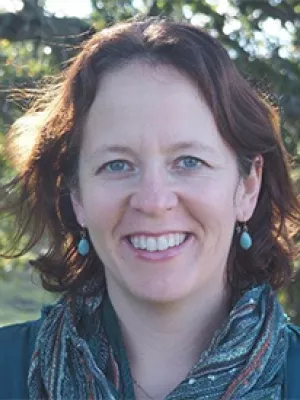
Kimberly Nicholas
Senior Lecturer, Docent

Bright spots : seeds of a good Anthropocene
Author
Summary, in English
The scale, rate, and intensity of humans’ environmental impact has engendered broad discussion about how to find plausible pathways of development that hold the most promise for fostering a better future in the Anthropocene. However, the dominance of dystopian visions of irreversible environmental degradation and societal collapse, along with overly optimistic utopias and business-as-usual scenarios that lack insight and innovation, frustrate progress. Here, we present a novel approach to thinking about the future that builds on experiences drawn from a diversity of practices, worldviews, values, and regions that could accelerate the adoption of pathways to transformative change (change that goes beyond incremental improvements). Using an analysis of 100 initiatives, or “seeds of a good Anthropocene”, we find that emphasizing hopeful elements of existing practice offers the opportunity to: (1) understand the values and features that constitute a good Anthropocene, (2) determine the processes that lead to the emergence and growth of initiatives that fundamentally change human–environmental relationships, and (3) generate creative, bottom-up scenarios that feature well-articulated pathways toward a more positive future.
Department/s
- LUCSUS (Lund University Centre for Sustainability Studies)
- BECC: Biodiversity and Ecosystem services in a Changing Climate
Publishing year
2016-10-01
Language
English
Pages
441-448
Publication/Series
Frontiers in Ecology and the Environment
Volume
14
Issue
8
Document type
Journal article
Publisher
Ecological Society of America
Topic
- Ecology
- Environmental Sciences
Status
Published
Project
- Sustainability science in theory and practice
ISBN/ISSN/Other
- ISSN: 1540-9295